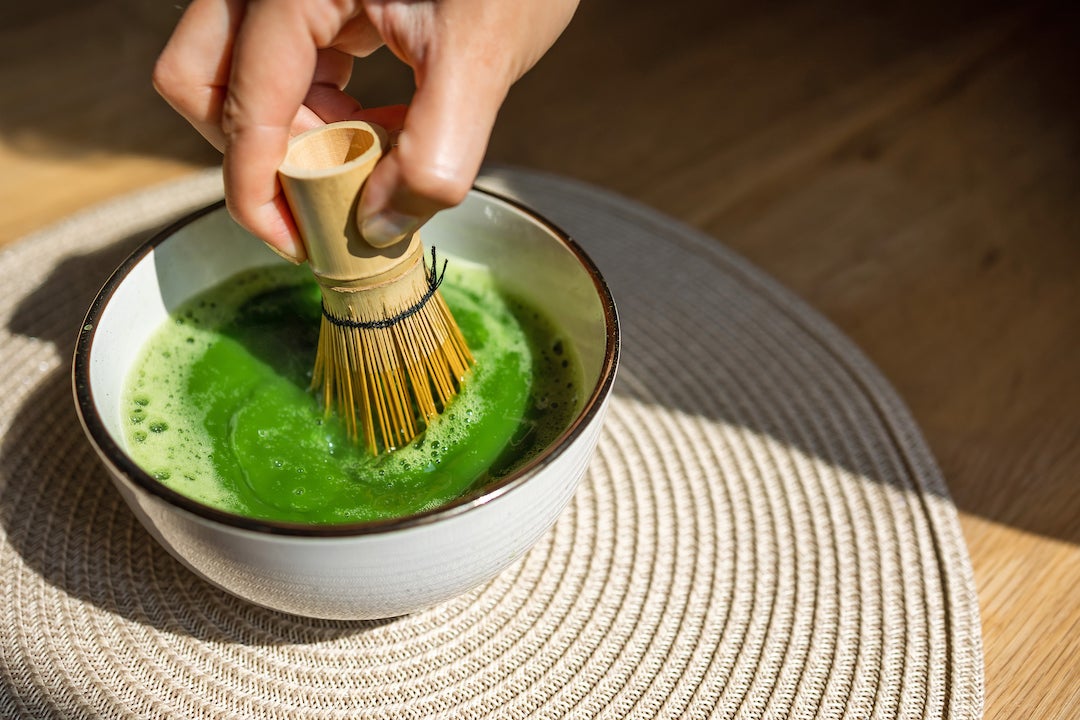Matcha craze sparks global supply chain issues amid huge demand and record-breaking heatwave

Record temperatures and an increasing global demand has stretched Japan’s supply of matcha this year, leading prices to rocket.
Farmers and industry officials have spoken out as they struggle to meet the ever-increasing demand for the bright green tea drink from Japan, which has peaked in popularity this year.
Matcha’s popularity has been growing over recent years, with sales soaring by 202 percent in the UK in 2023 alone according to Orion Market Research. The antioxidant rich beverage has reached its apex this year, driven by social media and Japan’s post-pandemic tourism boom.
The Kyoto region, which accounts for a quarter of Japan’s production of tencha – the stemmed leaves dried and ground into matcha – was hit by severe heatwaves last summer during Japan’s hottest year on record, which led to weak yields in the recent April-May harvest.
US-based tea importer Lauren Purvis told the BBC her customers were seeing what was once a month’s supply run out in days: “Some cafes are even asking for a kilo a day. They’re desperate to keep up,” the Mizuba Tea Co. owner said.
Masahiro Yoshida, a sixth-generation farmer, was only able to harvest 1.5 tons of tencha this year, down a quarter from his typical harvest of two tons.

“Last year’s summer was so hot that it damaged the bushes, so we couldn’t pluck as many tea leaves,” he told Reuters from his storefront in Uji, south of Kyoto.
Traditionally, the tencha leaves are kept under shade for weeks while growing in order to develop the tea’s “umami” taste. The leaves are then harvested, dried and ground into powder using stone mills.
Tealife founder Yuki Ishii told Reuters that it saw a ten-fold increase in demand for matcha from customers, despite the amount available from Japan declining.
“I’m basically always out of stock,” he said.
Japan produced 5,336 tons of tencha in 2024, nearly three times more than a decade before as more farmer’s switch to the crop, according the Japanese Tea production Association. Despite this, the association expects lower matcha output this year.
As well as surging demand and lesser tea crops this year, US tariffs on Japan have pushed up matcha prices.
On Tuesday, Washington and Tokyo announced a trade deal which means there will be a 15 per cent import tax on Japanese products going into the US.
The move has led matcha distributors to brace for the impact, with Ms Purvis saying orders surged by more than 70 per cent in early July ahead of a deadline for the two countries to reach a trade agreement.
“As Japanese tea is not grown in the US, there is no American industry under threat that tariffs need to protect,” she told the BBC. “We hope there will be a realisation that specialty tea should be exempt.”
